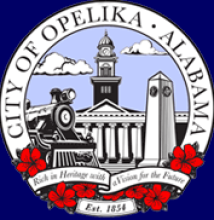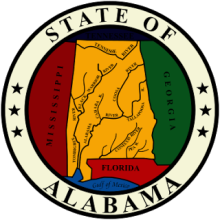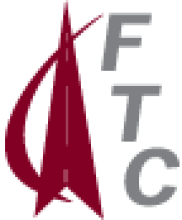Montgomery Sees Job Gains in Alabama After Establishing Internet Exchange - Community Broadband Bits Episode 195

In a partnership with the Department of Defense, the city of Montgomery has created Alabama's first Internet Exchange. This week, project manager for Montgomery Cyber Connection, Ben Venable, joins us to discuss this project and the gains the community is already seeing from it. The effort is a true partnership between General Steven Kwast at Maxwell Air Force Base, the city and county of Montgomery, and others like Wide Open West, the nation's 9th largest cable company. WOW!'s network architect brought not only important technical knowledge, but a major ISP that recognized the benefits of local interconnection.
We discuss how the project began, why it is important, expected (and already achieved) benefits, and how other communities might consider creating their own Internet Exchange. Additional background on the story from WSFA and GovTech.
This show is 26 minutes long and can be played on this page or via Apple Podcasts or the tool of your choice using this feed.
Transcript below.
We want your feedback and suggestions for the show-please e-mail us or leave a comment below.
Listen to other episodes here or view all episodes in our index. See other podcasts from the Institute for Local Self-Reliance here.
Thanks to Kathleen Martin for the music, licensed using Creative Commons. The song is "Player vs. Player."








